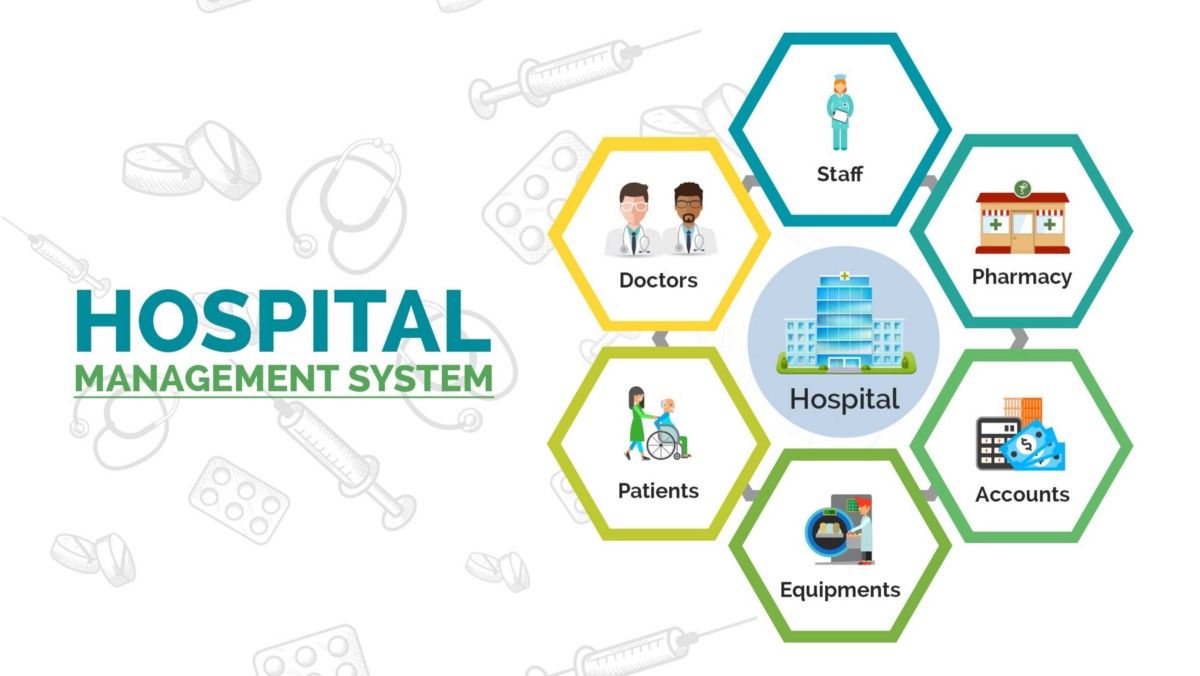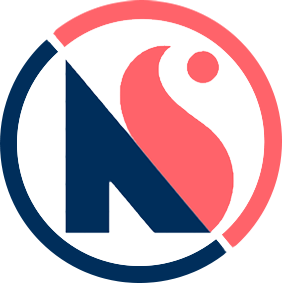
Best Hospital Management Software
As the hospital’s obligations increase, so does the responsibility of maintaining medical facilities and overseeing tasks and activities on healthcare workers or doctors. But they don’t have to worry about it because hospital management software is available. All they have to worry about is how to find and choose the greatest HMS. We will discuss the top ten hospital management software to assist you in finding a high-quality HMS.
With the greatest hospital management software development, doctors can easily manage all of their tasks. HMS will meet all of your hospital administration demands, whether you’re dealing with patient or financial information.
Furthermore, HMS enables medical practitioners to give their patients with high-quality healthcare facilities. The advantages of hospital management software do not end here. There is a lot more to learn, so let’s go over the benefits and top ten hospital management software.
An Overview To Hospital Management Software
Hospital Management Software (HMS) is a way of streamlining and automating administrative and operational duties in a healthcare setting. In a word, by embracing hospital management software, you will be able to handle all of your healthcare responsibilities technologically rather than physically, making them more hassle-free and simple. This will elevate your hospital’s importance.
This solution provides a platform for handling different elements of hospital administration, such as patient data, appointments, billing, inventory, payroll, and staff scheduling. It digitalizes and organizes patient information. This allows authorized professionals easy access, increasing patient care and avoiding errors.
With an increasing demand for quality healthcare services, it is critical to harness the power of technology to ensure smooth hospital operations. According to a recent report, hospitals adopting such software save approximately 25% on administrative expenditures, indicating significant savings for hospitals.
Patient satisfaction is also boosted in hospitals that use HMS. These figures highlight the significance that Hospital Management Software plays in improving efficiency and patient care.
The Main Functions Of Hospital Management Software
The list of functions that hospital management and hospital information systems, or software, provide:
- Patient listing And Patient Payments
- Appointment Scheduling
- Electronic Health Records (EHR)
- Electronic Health Records (EHR)
- Billing and Invoicing
- Prescription Management
- Practice Management
- Outpatient Management
- Laboratory and Diagnostic Integration
- Inpatient Management
- Physician Management
- Data Management
- Insurance Claims Management
- Inventory Management
- Radiology Management
- Revenue Cycle Management
- Electronic Medical Billing
- Appointment Reminders
- Security and Compliance
- Reporting and Analytics
- Telehealth Integration
Benefits Of Hospital Management Software
So, Here are the benefits of Hospital management software, These are the reason why hospitals and healthcare organizations are choosing HMS: See below:
Effective Treatment for Patient:
Hospital Management Software optimizes the entire patient care process. It is hospital management software that allows doctors to swiftly access patient data such as medical history, test results, and prescriptions. This allows them to make more accurate diagnoses and select relevant therapies faster. Patients gain from shorter wait times and better care since doctors can focus on their medical needs instead of paperwork.
Helps In Making Wise Decisions:
Hospital Management System software enables healthcare providers to make informed decisions about their patients’ health. It stores all data, including previous health records and reports. Furthermore, it gives essential data and insights to help hospital administrators and healthcare professionals make decisions. By analyzing patient statistics, resource utilization, and financial data, behavioral health centers can make strategic decisions about personnel, equipment procurement, project management, and budget allocation.
Increase hospital efficiency:
Many administrative processes are automated using hospital administration software, including appointment scheduling, electronic medical records, billing, and record management. This decreases the likelihood of errors and allows workers to focus on patient care. Furthermore, it increases departmental communication and cooperation, resulting in more efficient operations and lower patient wait times. Overall, it improves the hospital’s efficiency, making it more responsive to patient requirements.
Reduced paperwork:
One of the major advantages of using electronic health records with HMS is that it minimizes paperwork. The digitization of patient data, prescriptions, and billing processes minimizes the need for substantial paper paperwork. This not only saves time, but it also reduces the likelihood of healthcare data being lost or misplaced.
It also helps the environment by minimizing the amount of paper and ink used. With less paperwork to manage, healthcare personnel may devote more time to patient care, improving the overall quality of healthcare services while making administrative jobs easier for hospital staff.
Manage data securely:
The hospital management system software guarantees the secure processing of electronic medical records, sensitive information, and hospital data. It uses sophisticated security procedures to keep all sensitive information safe from data breaches. This not only assures compliance with privacy laws but also increases patient trust.
Furthermore, with secure data management, healthcare providers may access patient information quickly and correctly, resulting in better diagnosis and treatment plans while respecting patient confidentiality.
Increase Patient Engagement:
HMS improves patient involvement by utilizing patient portals, resulting in satisfaction in all measurements. These methods may include: security of patient data, reduction of waiting time and appointment scheduling time, among others. Patients can make visits, receive appointment reminders, manage appointments, and view their medical information and test results online. This convenience encourages people to take an active role in their healthcare, which leads to greater treatment adherence and health outcomes.
Furthermore, patients can communicate with healthcare practitioners via secure messaging, mobile devices, and applications. It lowers the need for in-person visits and encourages continual communication for more personalized care.
Improve financial management and budgeting.
This is the greatest advantage of the hospital software management system. It improves financial administration by automating billing, invoicing, and claim processing. This reduces errors, streamlines paperwork, and speeds up the revenue cycle. Financial analytics and reporting features provide hospitals with insights into their financial performance, enabling better budgeting, enterprise resource planning, and cost control.
This hospital software solution also helps with inventory and record management, making better use of resources and decreasing waste. Furthermore, it enables healthcare institutions to better allocate resources, improve revenue management and collection, and direct monies where they are most needed for improved healthcare.
Conclusion
So, when it comes to properly managing health care facilities, these are the top ten hospital management software options that have all of the features hospitals require. These HMS are famous due to their growing features. From patient information administration to invoicing and appointment scheduling, we help hospitals streamline operations and provide better care to their patients. Whether you run a small clinic or a major hospital, using the appropriate software can significantly improve your capacity to provide quality healthcare services.
FAQ
Medical software firms create software solutions for healthcare providers, institutions, and organizations. These firms develop apps for a variety of functions, including electronic health records (EHR), medical billing, telemedicine, and medical imaging, with the goal of improving patient care, streamlining operations, and increasing overall healthcare efficiency and effectiveness.
A Master of Healthcare Administration (MHA) or a Master of Business Administration (MBA) with a concentration in healthcare administration are widely regarded as the best degrees for hospital management. These programs required graduates to have the requisite skills and expertise in healthcare operations, finance, and leadership, preparing them for leadership positions in healthcare organizations.
In healthcare program management, different projects and activities within a healthcare organization are overseen and coordinated in order to reach strategic goals. It entails planning, implementing, and monitoring healthcare programs such as quality improvement, patient safety, and IT implementation to ensure they are aligned with the organization’s mission and provide optimal patient care.

